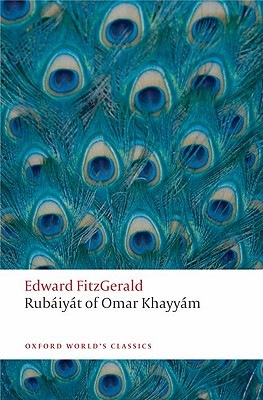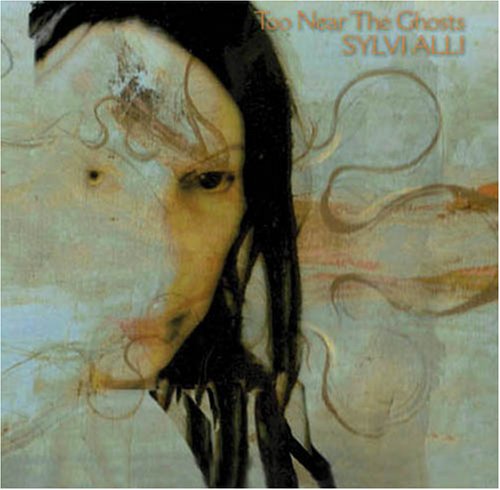
description
d into English the short, epigrammatic poems (or "rubáiyát") of medieval Persian poet Omar Khayyám. If not a true translation--his Omar seems to have read Shakespeare and the King James Bible--the poem nevertheless conveyed some of the most beautiful and haunting images in English poetry, and some of the sharpest-edged. By the end of the century, it was one of the best-known poems in the English language, admired by Swinburne and Ruskin. Daniel Karlin's richly annotated edition focuses on the poem as a work of Victorian literary art, doing justice to the scope and complexity of FitzGerald's lyrical meditation on "human death and fate." Karlin provides a fascinating critical introduction which documents the poem's treatment of its Persian sources, along with its multiple affiliations with English and Classical literature and to the Bible. A selection of contemporary reviews offers an insight into the poem's early reception, including the first attack on its status as a translation. About the Series: For over 100 years Oxford World's Classics has made available the broadest spectrum of literature from around the globe. Each affordable volume reflects Oxford's commitment to scholarship, providing the most accurate text plus a wealth of other valuable features, including expert introductions by leading authorities, voluminous notes to clarify the text, up-to-date bibliographies for further study, and much more.
member goods
No member items were found under this heading.
Return Policy
All sales are final
Shipping
No special shipping considerations available.
Shipping fees determined at checkout.







